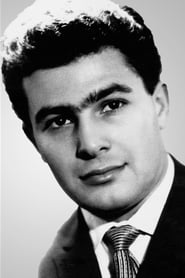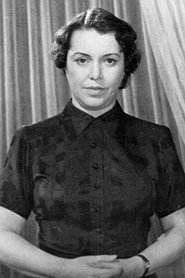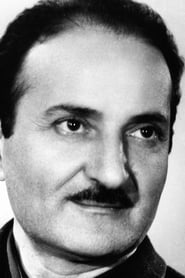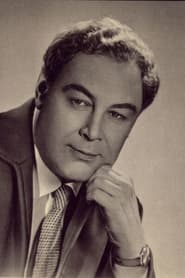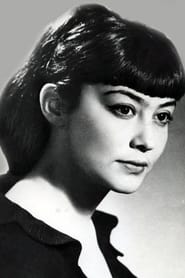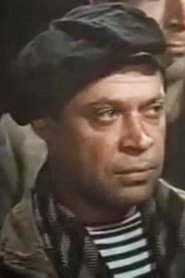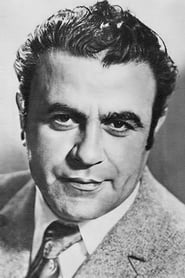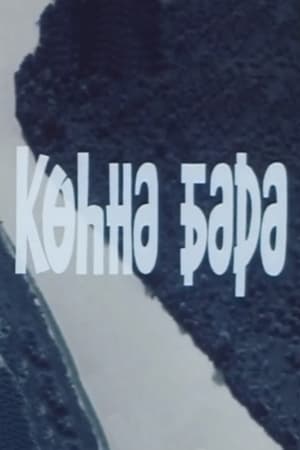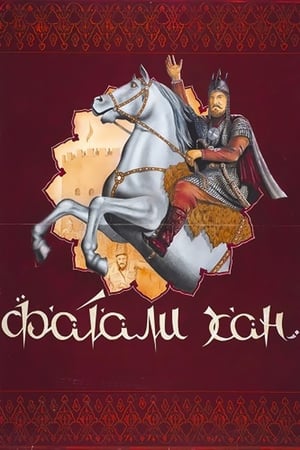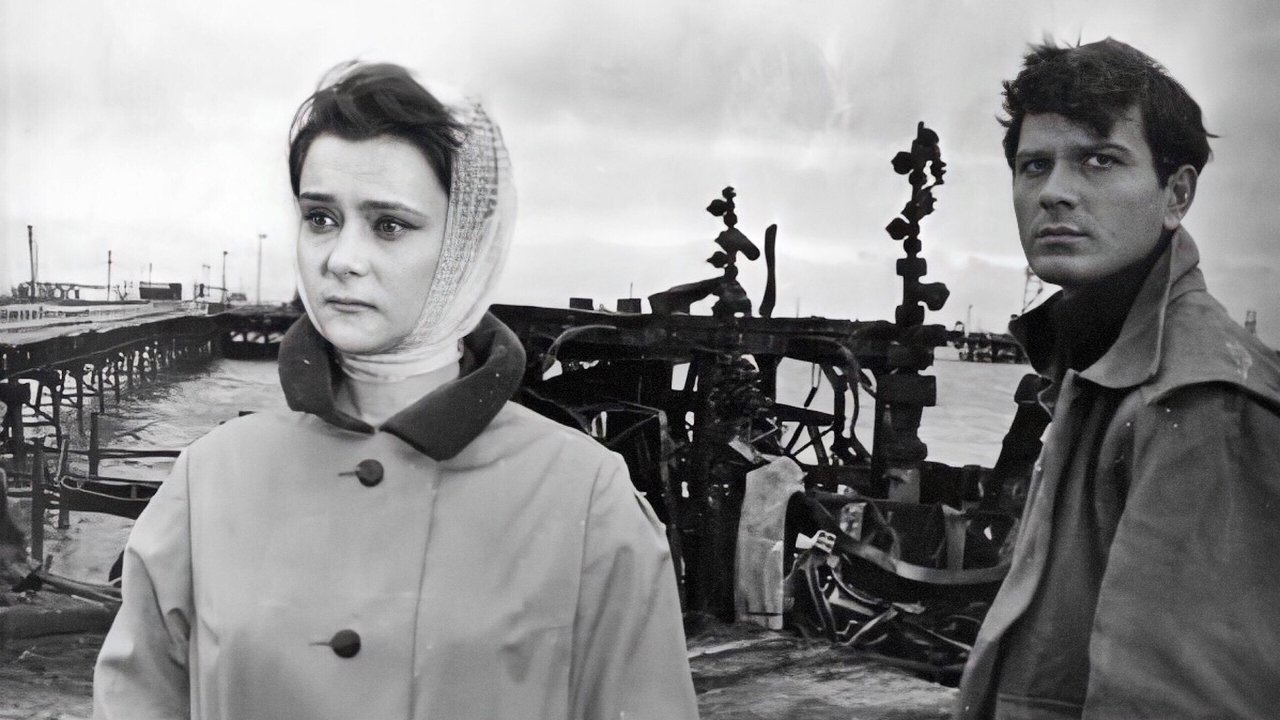
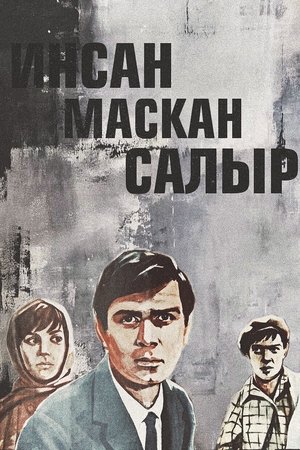
Man Casts an Anchor(1967)
The film is about an oilman who took a lost worker's place and won the respect of other oilmen, was also based on this same ideology, depicting the heroism of oil workers, who never became exhausted and continued working in oil, generation after generation.

Movie: Man Casts an Anchor
Top 10 Billed Cast
Ramiz
Andrei

Insan Məskən Salır
HomePage
Overview
The film is about an oilman who took a lost worker's place and won the respect of other oilmen, was also based on this same ideology, depicting the heroism of oil workers, who never became exhausted and continued working in oil, generation after generation.
Release Date
1967-12-10
Average
0
Rating:
0.0 startsTagline
Genres
Languages:
AzərbaycanPусский
Similar Movies
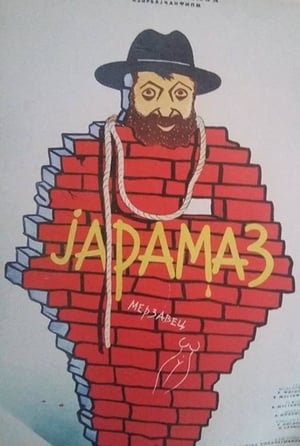 5.3
5.3The Scoundrel(az)
Film exposes the corruption and the decadence of the late Soviet bureaucracy in Azerbaijan SSR through the eyes of a naive Azerbaijani adult man, Hatem.
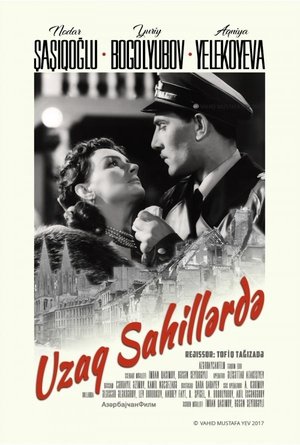 5.7
5.7On Distant Shores(az)
The film portrays the life of the legendary Azerbaijani guerrilla of the Second World War Mehdi Huseynzadeh, who fought the Nazi forces in the present-day Italy and Slovenia, hence the film's name On distant shores referring to the Adriatic Sea.
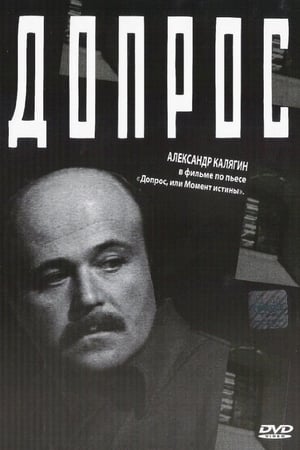 6.2
6.2Interrogation(az)
The investigator Seyfi Ganiyev runs the case of an illegal mercery shop's head Murad Abiyev, who confessed in embezzlement of one million rubles from public funds. Abiyev is also accused of the murder of an underage girls that occurred in Riga shortly after Abiyev saw her. He denies his guilt, but does not name the perpetrators though he knows them, despite the fact that he is facing the death penalty. The investigator understands that some high-ranking officials stand behind Abiyev, but he has no proof. Ganiyev seeks to obtain from the prisoner the whole truth to bring the criminals to justice.
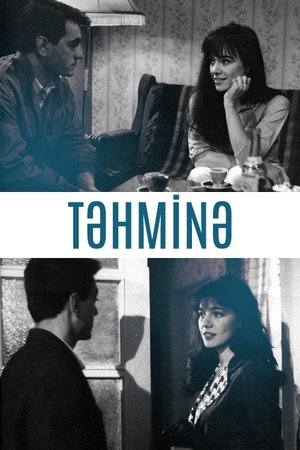 6.5
6.5Tahmina(az)
This Azerbaijani romantic drama depicts the love affair between Zaur, a man from an affluent family, and Tahmina, a divorced woman doing her best to survive in a conservative society.
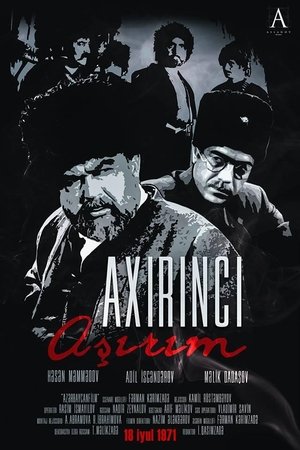 1.0
1.0The Last Mountain Pass(az)
Based on a novel by Farman Karimzade, the movie shows the life in an Azerbaijani village under the Soviet rule in 1930s. Here two former "beys" (land owners) are opposing each other. One is loyal to the ideology of the past and can't reconcile himself to the new power, to second rejects the past and accepts the power of the Bolsheviks, believing that it will establish justice.
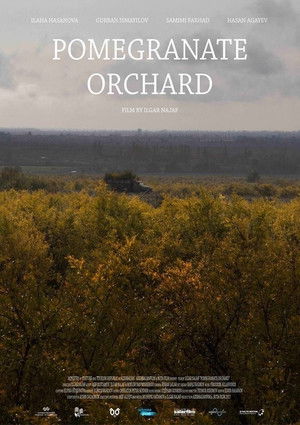 6.2
6.2Pomegranate Orchard(az)
Inspired by Anton Chekhov's The Cherry Orchard, the film follows a prodigal son who returns after 12 years. His reappearance at the family home in rural Azerbaijan significantly alters their way of life.
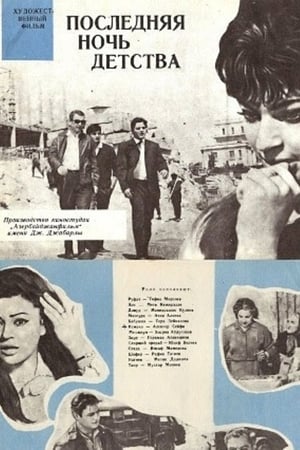 4.7
4.7The Last Night of Childhood(az)
Murad, a young man fails the entrance exam to the Institute and starts working at the meat factory. His cousin Rustam, a worker on a building site, fights with him against the dishonest people who sell pieces of meat from the factory. After a series of dramatic situations, Murad and Rustam manage to uncover the thieves.
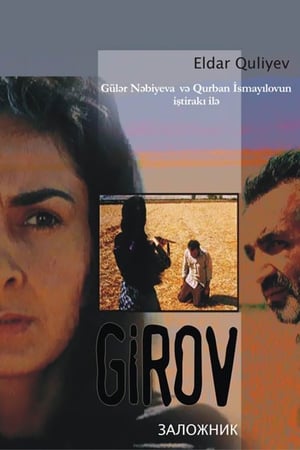 5.0
5.0The Hostage(az)
During the late 1980s and early 1990s the Armenian minority in Nagorono-Karabakh attempted to break away from Azerbaijan, one of the former Soviet republics. Overnight these former neighbors became enemies, and simple village folk were suddenly made hostages in a complex power game. One of the Azerbaijani villages right on the border is home to the family of the peasant farmer Kerim, who has just been captured by the Armenians. The village council decides to take an Armenian in order to arrange a hostage exchange. They imprison the wounded man in the barn next to Kerim's house, where his wife and three children desperately await the husband's return. The captive from the other side of the border finds himself in exactly the same situation - he, too, has three children, he finds it hard to scrape a living together, he has never done anything to harm anyone and, like Kerim, he just wants to go back home. But life in Karabakh is far more complex now. Blood calls for blood.
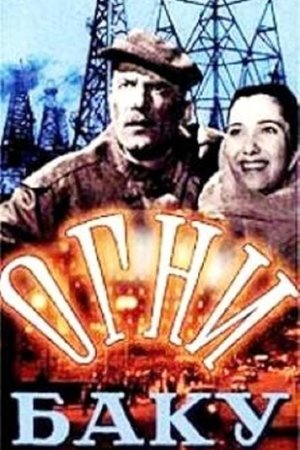 6.0
6.0The Fires of Baku(ru)
Dedicated to the development of the oil industry of Soviet Azerbaijan in the background of the first half of the twentieth century, including their selfless work in strengthening the economic and military might of the USSR.
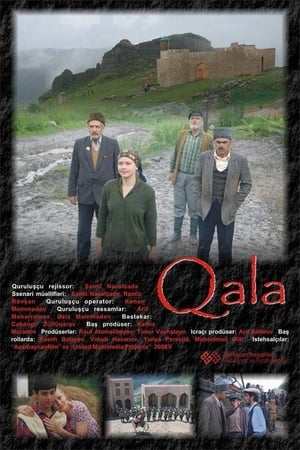 2.3
2.3Fortress(az)
A drama about a film crew making a movie in an isolated mountain town famous for its ancient fortress, and what happens when the town is threatened by a modern-day foreign invasion.
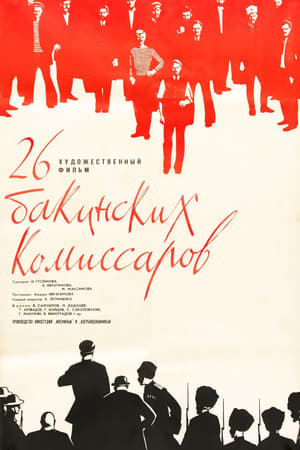 7.2
7.2The Twenty Six Comissars(az)
The film is about dramatic revolutionary events happened in 1918 in Baku.
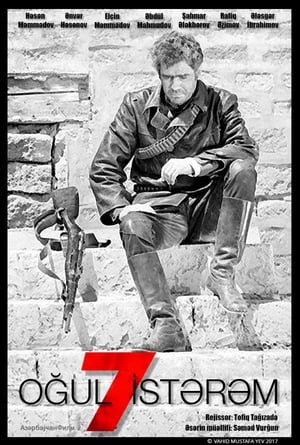 4.2
4.2My Seven Sons(az)
This film was based on Samad Vurgun's "Komsomol poem". Seven sons, like seven samurai become the seven komsomols (communist leaders) who were sent to a village to establish Soviet power. Seven sons become the romanticized images of people's heroes ready to take revenge.
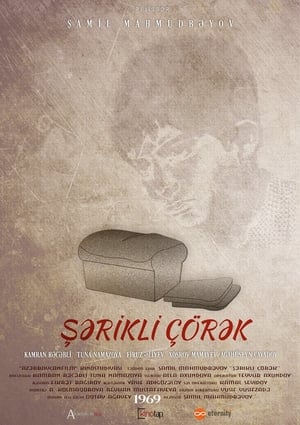 5.8
5.8Shared Bread(az)
While there is famine during WW2, a boy with mom far away, tries to stay strong.
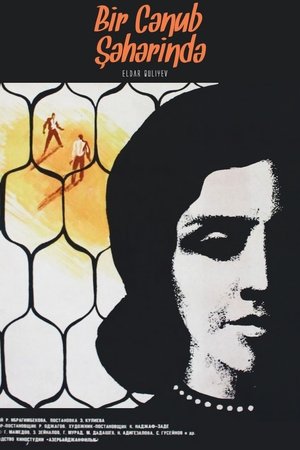 5.2
5.2In a Southern Town(az)
Murad, a young man, lives by the old ethical norms that are still valid in the suburbs of his city. He had promised Tofig, his childhood friend, to give him his sister as a wife, but Tofig is in love with another girl. He forgets the promise and takes the girl home. Murad is offended. According to the code of honor, he must take revenge. One of the first films ever produced in the Soviet Union to challenge the sociopolitical establishment.
 0.0
0.0The Istanbul Plane(az)
The film tells the story of two people, a man and a woman, who are isolated at different poles of our society, where many moral values are being eroded. Although one of them is wealthy and the other is poor, they try to forget their loneliness with each other...
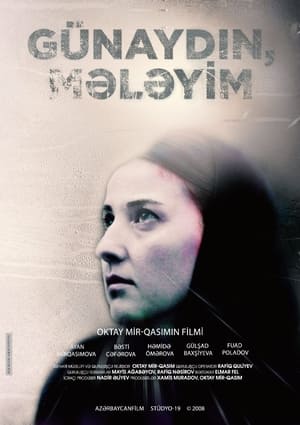 0.0
0.0Welcome, My Angel(az)
Not looking that a film is told about personal human fortunes here in the foreground there are the most noble raised human lines.
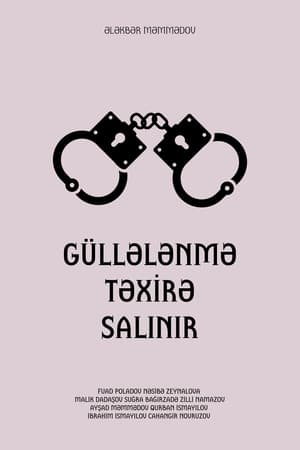 0.0
0.0Execution is Postponed(az)
After World War II, a group of young “robbers” redistributes the wealth of the rich to the poor while protecting the honor of women, especially the wives and sisters of soldiers at the front. Though branded outlaws by the law, their criminal yet benevolent deeds win the tacit approval of the local community.
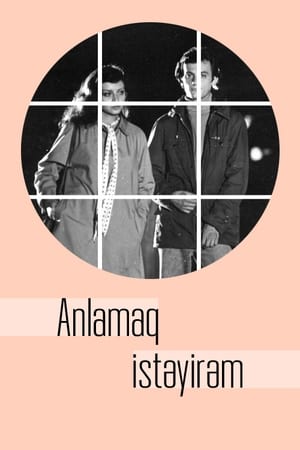 0.0
0.0I Want to Understand(az)
The film is about parents who wanted to build the house and gather together with their children in the house.
